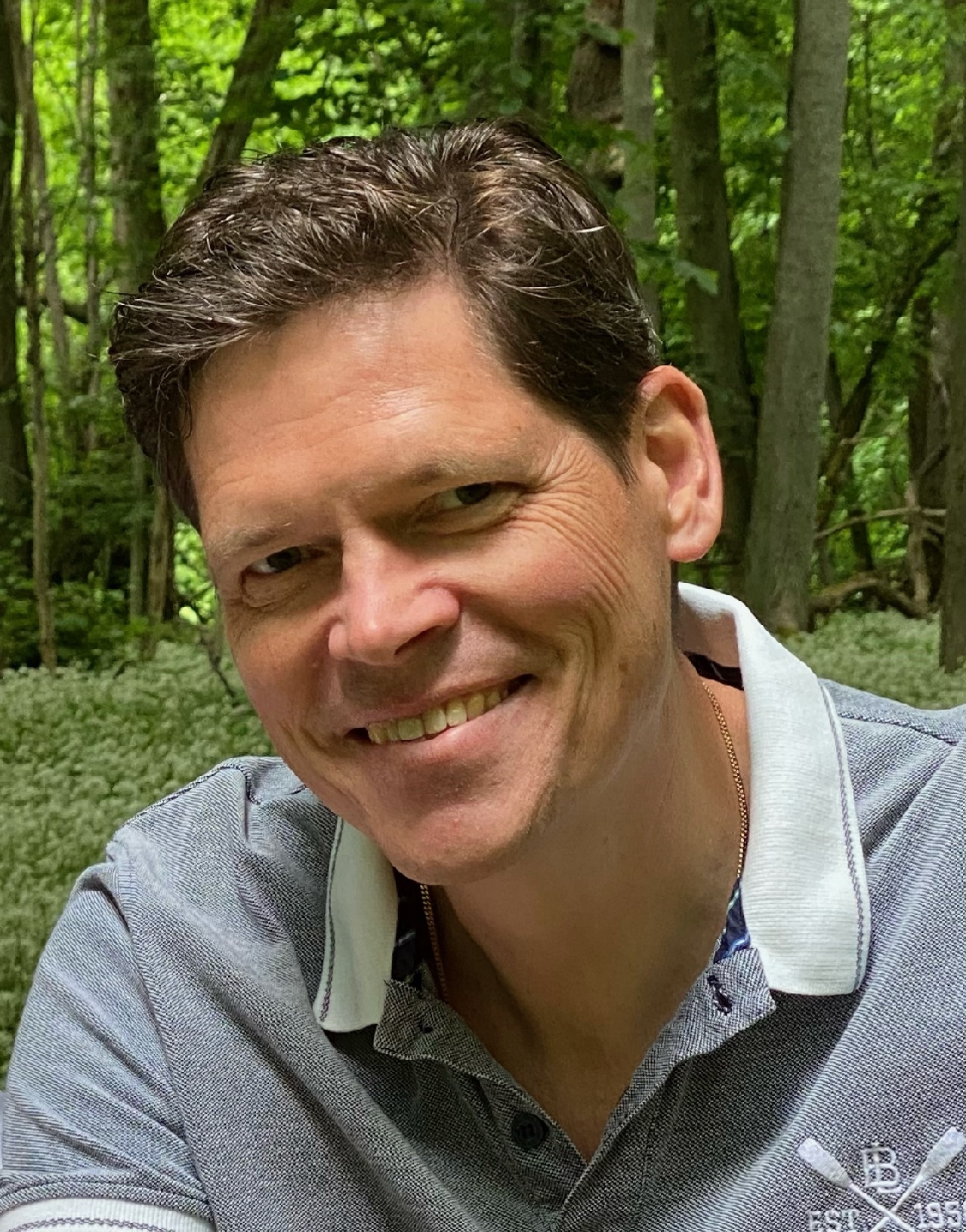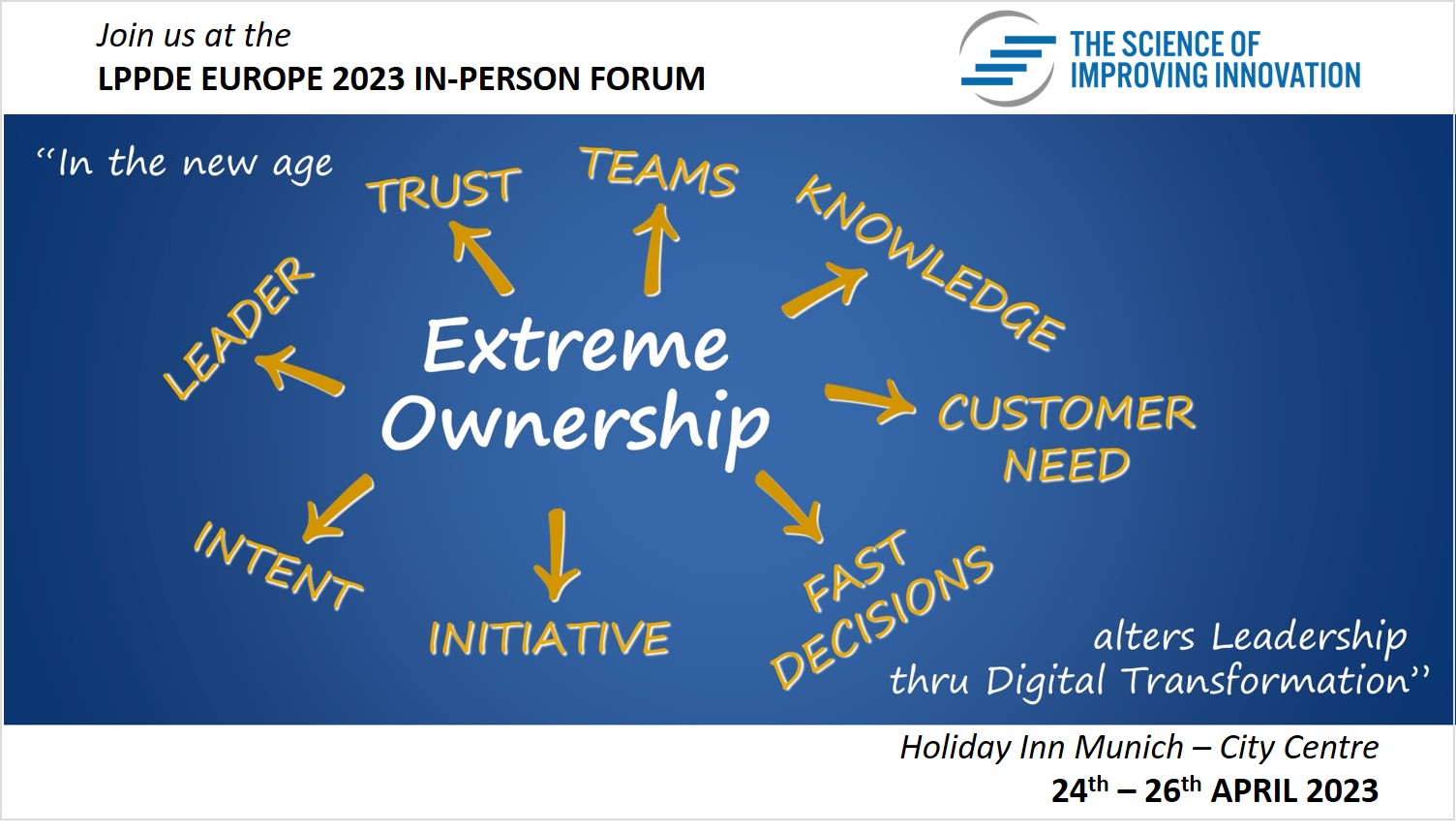The speed and pace of the global operating environment is only getting faster. Leaders and teams that win on any challenge, take “Extreme Ownership” of their learning while being agile. Our LPPDE Munich Conference (April 2023) will focus on this concept and others.
Leadership is complex. It involves a variety of skills and qualities. But there are some principles that cut across all styles of leadership, and one of them is Extreme Ownership. Extreme Ownership is the idea that every leader should take full responsibility for their actions, as well as the actions of their team, regardless of the circumstances. This concept was popularized by Jocko Willink and Leif Babin, two former Navy SEALs, in their book "Extreme Ownership: How U.S. Navy SEALs Lead and Win."
The authors argue that the key to effective leadership is to embrace a mindset of Extreme Ownership. Leaders must take responsibility for everything that happens in their teams, both good and bad. They should not blame external factors, such as the economy or their subordinates, for their failures. Instead, they should look within themselves for the root cause of any problems and take appropriate action to fix them.
It’s not what you preach, it’s what you tolerate.
One of the key principles of Extreme Ownership is to lead by example. Leaders who take Extreme Ownership of their responsibilities set the tone for their teams. They inspire their subordinates to do the same, and create a culture of accountability and responsibility. This culture of ownership leads to better decision making, stronger relationships, and improved outcomes.
In addition, leaders must also be willing to make difficult decisions. Extreme Ownership requires leaders to make decisions based on what is best for their team and the mission, even if those decisions are not popular. This requires courage and a willingness to take risks, but it is essential for effective leadership.
Another important aspect of Extreme Ownership is clear communication. Leaders must communicate their expectations and goals clearly to their subordinates. They should also provide their subordinates with the resources and support they need to achieve their goals. Clear communication helps to ensure that everyone is on the same page and working towards the same objectives.
Finally, leaders who practice Extreme Ownership must also be willing to admit their mistakes and learn from them. Leaders should not be afraid to ask for help when they need it, and they should be open to feedback from their subordinates. This helps to create an environment where everyone is continuously learning and growing, both as individuals and as a team.

In conclusion, Extreme Ownership is a powerful concept that can transform the way leaders think and act. By embracing a mindset of full responsibility, leaders can create a culture of accountability, clarity, and continuous improvement. By doing so, they can inspire their subordinates to achieve their full potential and drive their organizations to success.

Christer Lundh
President of AUFERO
Christer Lundh is president of AUFERO, a firm that makes organizations more profitable by improving flow, product development and innovation. He is chairman at LPPDE.org. He is a servant leader co-creating flow of new products and innovations together with customers’ leaders and teams.
Upcoming Event: LPPDE Europe 2023 In-Person Conference
April 24-26, 2023 in Munich, Germany
Extreme Ownership
Join some of the leading practitioners in Lean Agile Digitalization and Leadership who will share, how digitization combined with servant leaders and trusted teams taking "Extreme Ownership", plays out to support teams to learn and decide quickly, and win on any challenge to satisfy their customers.
See updates to the program at LPPDE EU 2023.



